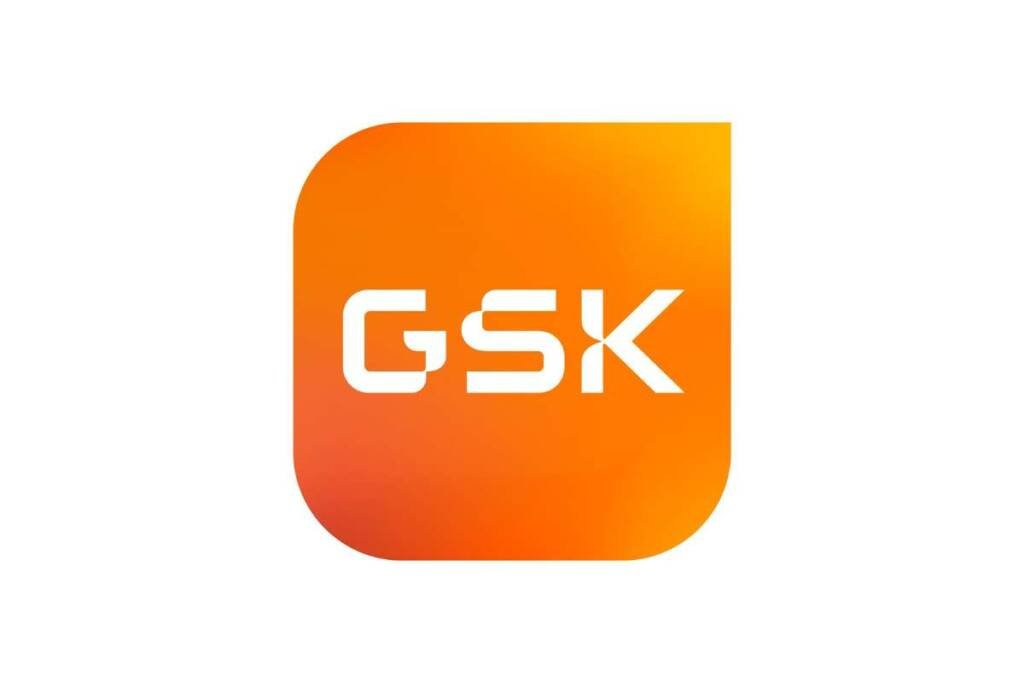Great expectations surround GSK’s entry into the respiratory syncytial virus (RSV) vaccine market with their upcoming shot, Arexvy, set to launch this fall. The company is projecting peak sales of £3 billion ($3.9 billion) for the vaccine, and industry analysts at Global Data predict it will be the market leader until 2029.
However, GSK’s CEO, Emma Walmsley, is tempering the excitement, stating that Arexvy won’t achieve the rapid success of their shingles shot, Shingrix, which garnered £784 million ($1.05 billion) in its first full year on the market in 2018. Walmsley explained that the competitive landscape was more favorable for Shingrix early on and that the RSV vaccine market is still in its nascent stage and requires time to develop.
“It won’t be the same rate of build as Shingrix was,” Walmsley said as GSK presented its second-quarter earnings (PDF). “But we do think it is a really key pillar.”
Arexvy received FDA approval for use in people aged 60 and older in May, followed by an endorsement from the European Medicines Agency in June. The company has already shipped doses to distribution centers in the US, where it will face competition from Pfizer’s Abryvso. Clinical trials indicate that Arexvy could have an efficacy advantage over its competitors.
“We’re very much looking forward to a scientific battle with Pfizer. It’s something we relish,” GSK’s commercial chief Luke Miels said. “The reception we’ve had from payers and pharmacy chains has been very encouraging.”
Regarding pricing, GSK has set the price of Arexvy in the US between $270 and $295 per dose. GlobalData projects the 2023 market for RSV vaccines to reach $1 billion, with anticipated growth to surpass $9 billion by 2029.
GSK’s overall performance in the second quarter exceeded revenue expectations, largely fueled by sales of Shingrix and their HIV medicines. The company achieved £7.2 billion ($9.3 billion) in global sales, surpassing the consensus estimate of £6.8 billion. As a result, GSK has raised its annual revenue forecast from a 6-8% increase to 8-10% and expects earnings per share to rise from 12-15% to 14-17% for 2023.
The company’s vaccine portfolio accounted for £2 billion ($2.6 billion) of the second-quarter revenue, representing a 20% increase from the same period in 2022. Shingrix led the way with sales of £784 million ($1.14 billion), showing an 18% increase. Additionally, GSK’s HIV products performed well, achieving sales of £1.6 billion ($2 billion), a 12% year-over-year increase.
Overall, this performance is encouraging for GSK as it undergoes a transitional phase, including the spin-off of its consumer health business Haleon. The company also plans to raise $1 billion by selling a partial stake in the former consumer health unit.





























